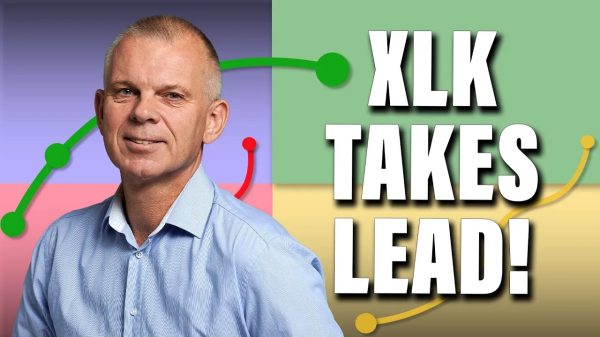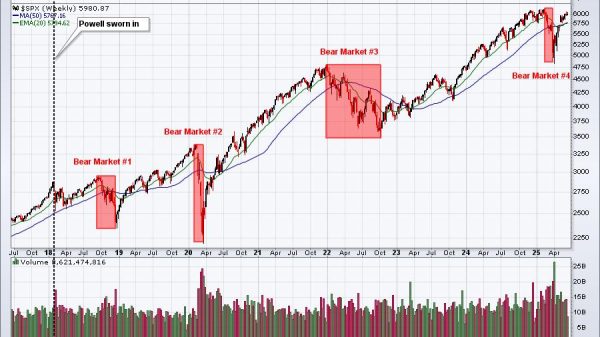Impacts Of Inflation: Dollar Is Steady
In today’s ever-changing economic landscape, staying ahead of the curve is crucial for businesses of all sizes. One of the most significant challenges that companies face in 2023 is the impact of inflation. As we eagerly await the latest US inflation data, it’s essential to understand the dynamics at play and explore strategies to protect your business from the inflation bounce.
The Inflation Bounce Unveiled
The term “inflation bounce” has been making headlines recently, leaving many entrepreneurs and investors wondering what it means. Simply put, the inflation bounce refers to the sudden and sharp rise in prices of goods and services due to a surge in demand, often resulting from supply shortages. To comprehend its implications, we must first delve into the primary drivers of this phenomenon.
The US dollar maintained a stable position in anticipation of a significant US inflation report scheduled for later in the day. However, it experienced an uptick against the Japanese yen as traders continued to digest statements from Japan’s top central banker regarding a potential early departure from the negative interest rate policy.
The US currency exhibited a modest gain of approximately 0.2% against the yen, reaching a rate of 147.39. This rebound effectively erased its most substantial one-day percentage increase in two months, which had occurred on Monday following remarks made by Bank of Japan (BOJ) Governor Kazuo Ueda over the weekend. Earlier data released on Wednesday indicated that Japan’s annual wholesale inflation had slowed in August for the eighth consecutive month. However, it remained at 3.2%, exceeding the central bank’s 2.0% target.
Navigating Inflation Risk
As we are witnessing today, inflation can erode your business’s and customers’ purchasing power, making it vital to explore inflation-proof investments to mitigate potential losses. Here are some strategies to consider:
Diversify Your Portfolio: Just as diversification is essential for personal financial stability, it’s equally crucial for businesses. Investing in a mix of assets such as stocks, real estate, and commodities can help shield your business from the adverse effects of inflation. These investments often appreciate in value when inflation strikes. Adjust Pricing Strategies: When facing increased production costs due to inflation, don’t hesitate to revisit your pricing strategy. Incremental price adjustments may be necessary to maintain profitability. Focus on Tangible Assets: In times of rising inflation, tangible assets like real estate, precious metals, and collectables tend to hold their value. Consider allocating some of your capital to these assets as a hedge against inflation.Guarding Your Business Against Inflation
The impacts of inflation can pose significant challenges for businesses. Still, with the right strategies, you can navigate these turbulent waters successfully. On a broader scale, the US dollar remained relatively stable, with limited market movements as traders awaited a highly anticipated US inflation report scheduled for later in the day.
The US dollar index, a measure of the dollar’s performance against a basket of other currencies, held steady at 104.61. This followed a recent dip to a one-week low on Monday and its most significant daily decline in two months. Analysts attributed this slide to the unwinding of long dollar positions, which had been driven by robust US economic data in recent weeks.
In the broader economic landscape, the European Central Bank (ECB) anticipated that inflation in the 20-nation eurozone would remain above 3.0% in the coming year. This expectation strengthened the case for Thursday’s tenth consecutive interest rate increase. In recent months, European inflation, particularly core inflation, has decelerated less rapidly than initially anticipated, presenting the ECB with significant challenges.
The post Impacts Of Inflation: Dollar Is Steady appeared first on FinanceBrokerage.
























